“Aluminum Oxide 500 grams” has been added to your cart. View cart
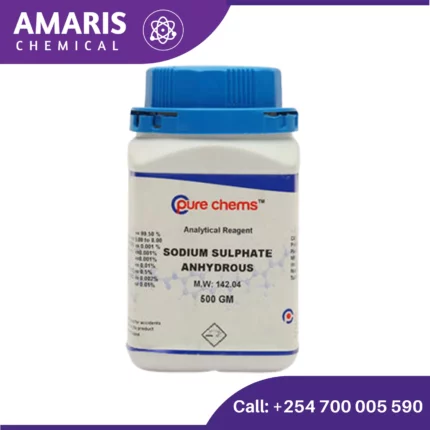
Sodium Sulphate Anhydrous 500g
$2,500.00 Original price was: $2,500.00.$2,300.00Current price is: $2,300.00.
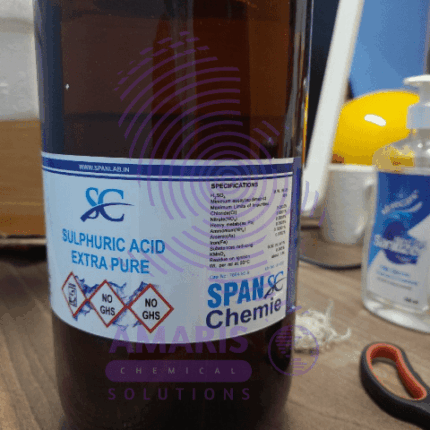
Sulphuric Acid 2.5 liters
$1,010.00 Original price was: $1,010.00.$950.00Current price is: $950.00.
Succinic Acid 500gm
$3,100.00 Original price was: $3,100.00.$2,800.00Current price is: $2,800.00.
Whatsapp Order
Succinic acid, also known as butanedioic acid, is a dicarboxylic acid with the molecular formula C4H6O4. It is a white, odorless solid that is soluble in water. Succinic acid occurs naturally in some fruits and vegetables and is also produced synthetically for various industrial applications. It is used as a precursor in the synthesis of various chemicals, pharmaceuticals, and polymers. In laboratories, it serves as a reagent in chemical reactions and as a component in buffer solutions due to its ability to adjust pH.
SKU:
ACS97137CHEM0
Category: Analytical Reagents
Description
Succinic Acid
In laboratories, succinic acid finds several uses:
- Chemical Synthesis: It serves as a precursor in the synthesis of various chemicals, including pharmaceutical intermediates and polymers.
- Buffering Agent: Due to its ability to maintain pH stability, succinic acid is used in buffer solutions, particularly in biological and biochemical experiments.
- Analytical Chemistry: It can be used as a standard or reference material in analytical techniques such as chromatography and spectroscopy.
- Drug Delivery: In pharmaceutical research, succinic acid derivatives are investigated for their potential in drug delivery systems.
- Food and Beverage Industry: In food science, succinic acid may be used as an acidity regulator or flavoring agent.
- Research and Development: It serves as a versatile reagent in organic chemistry research, enabling the preparation of various compounds and materials.
Reviews (0)
Be the first to review “Succinic Acid 500gm” Cancel reply
Related products
Aceto Carmine 100 ml
Aceto carmine is a staining solution used primarily in microscopy to highlight cellular components. It is a mixture of carmine dye and acetic acid. Here’s an overview of its properties, preparation, and uses:
Properties
- Color: Red to purplish-red.
- Solubility: Soluble in water and ethanol.
- Staining Characteristics: Stains chromatin and cytoplasmic components, providing contrast for better visualization under a microscope.
Preparation
- Ingredients:
- Carmine dye: A natural red dye extracted from the cochineal insect.
- Acetic acid: A colorless liquid organic compound with a pungent smell.
- Procedure:
- Dissolve a specific amount of carmine powder in hot distilled water.
- Add glacial acetic acid to the solution.
- Filter the mixture to remove any undissolved particles.
Aluminum Ammonium Sulphate
Aluminum ammonium sulfate, also known as ammonium alum or just alum, is a chemical compound with the formula (NH4)Al(SO4)2·12H2O. It's a white crystalline solid commonly used in water purification, leather tanning, and as a mordant in dyeing textiles.
In water purification, alum acts as a coagulant to remove impurities by causing suspended particles to clump together, making it easier for filtration to remove them. In leather tanning, it helps to stabilize the leather by tightening the collagen fibers. And in dyeing textiles, alum helps the dye adhere to the fabric.
However, it's important to note that excessive exposure to aluminum compounds like alum can be harmful, so it's typically used with caution and proper safety measures.
Aluminum Sulphate 500gm
Aluminum sulfate, also known as alum, is a chemical compound with the formula Al2(SO4)3. It's commonly used in water treatment plants as a coagulant to clarify turbid or muddy water by causing suspended particles to clump together and settle out. In addition to water treatment, aluminum sulfate has various other industrial applications, such as in paper manufacturing, dyeing, and as a mordant in textile dyeing to help fix dyes to fabrics.


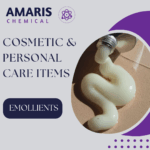 Emollients
Emollients Humectants
Humectants UV Filters
UV Filters Surfactants (cosmetic)
Surfactants (cosmetic) Preservatives (cosmetic)
Preservatives (cosmetic) Fragrances and Essential Oils
Fragrances and Essential Oils Antioxidants (cosmetics)
Antioxidants (cosmetics)
 Solvents (lab)
Solvents (lab) Chromatography Chemicals
Chromatography Chemicals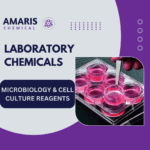 Microbiology and Cell Culture Reagents
Microbiology and Cell Culture Reagents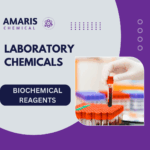 Biochemical Reagents
Biochemical Reagents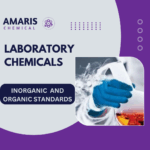 Inorganic and Organic Standards
Inorganic and Organic Standards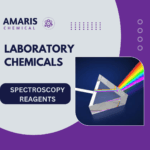 Spectroscopy Reagents
Spectroscopy Reagents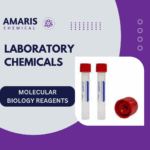 Molecular Biology Reagents
Molecular Biology Reagents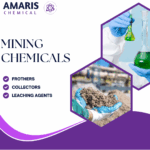
 Precious Metal Extraction Agents
Precious Metal Extraction Agents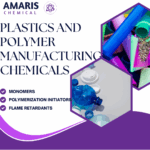
 Plasticizers
Plasticizers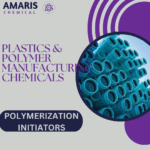 Polymerization Initiators
Polymerization Initiators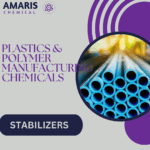 Stabilizers
Stabilizers Monomers
Monomers Fillers and Reinforcements
Fillers and Reinforcements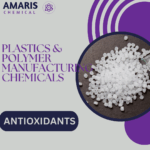 Antioxidants (plastics)
Antioxidants (plastics)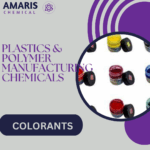 Colorants (plastic pigments,Dyes)
Colorants (plastic pigments,Dyes)
 Fertilizers
Fertilizers Plant Growth Regulators
Plant Growth Regulators Soil Conditioners
Soil Conditioners Animal Feed Additives
Animal Feed Additives Biostimulants
Biostimulants
 Dough Conditioners
Dough Conditioners Flour Treatments
Flour Treatments Fat Replacers
Fat Replacers Preservatives (baking)
Preservatives (baking)
 Surfactants (cleaning)
Surfactants (cleaning) Builders
Builders Bleaching Agents
Bleaching Agents Enzymes
Enzymes Solvents (cleaning)
Solvents (cleaning) Fragrances
Fragrances Disinfectant
Disinfectant Metal cleaning
Metal cleaning
 Binders/Resins
Binders/Resins Pigments
Pigments Solvents (paint)
Solvents (paint) Additives
Additives Driers
Driers Anti-Corrosion Agents
Anti-Corrosion Agents Specialty Coatings
Specialty Coatings Functional Coatings
Functional Coatings Application-Specific Coatings
Application-Specific Coatings
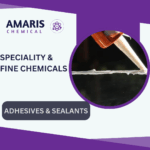 Sealants and Adhesives
Sealants and Adhesives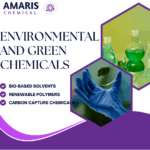
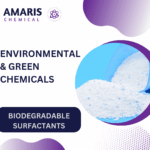 Biodegradable Surfactants
Biodegradable Surfactants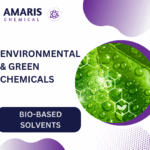 Bio-based Solvents
Bio-based Solvents Renewable Polymers
Renewable Polymers Carbon Capture Chemicals
Carbon Capture Chemicals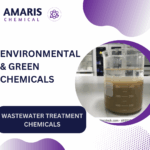 Wastewater Treatment Chemicals
Wastewater Treatment Chemicals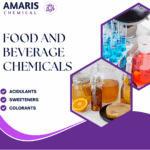
 Preservatives (food)
Preservatives (food) Flavor Enhancers
Flavor Enhancers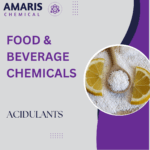 Acidulants
Acidulants Sweeteners
Sweeteners Emulsifiers
Emulsifiers Antioxidants (food)
Antioxidants (food) Colorants (food)
Colorants (food) Nutrient Supplements
Nutrient Supplements Nutraceutical Ingredients
Nutraceutical Ingredients
 Fresh Herbs
Fresh Herbs Whole Spices
Whole Spices Ground Spices
Ground Spices Spice Blends
Spice Blends
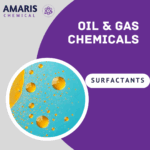 Surfactants(oil)
Surfactants(oil)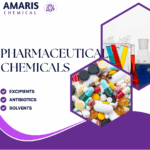
 Antibiotics
Antibiotics Active Pharmaceutical Ingredients
Active Pharmaceutical Ingredients Excipients
Excipients Vaccine Adjuvants
Vaccine Adjuvants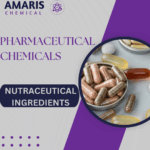 Nutraceutical Ingredients
Nutraceutical Ingredients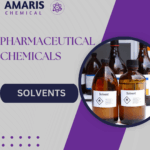 Solvents (pharmaceutical)
Solvents (pharmaceutical)
 Automotive chemicals
Automotive chemicals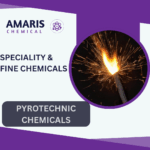 Pyrotechnic Chemicals
Pyrotechnic Chemicals
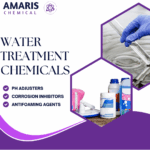

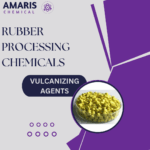 Vulcanizing Agents
Vulcanizing Agents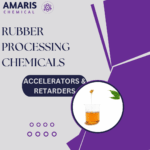 Accelerators & Retarders
Accelerators & Retarders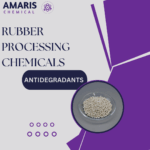 Antidegradants
Antidegradants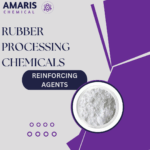 Reinforcing Agents
Reinforcing Agents Plasticizers & Softeners
Plasticizers & Softeners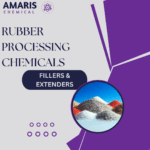 Fillers & Extenders
Fillers & Extenders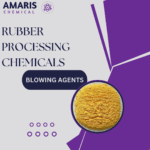 Blowing Agents
Blowing Agents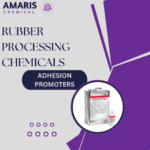 Adhesion Promoters
Adhesion Promoters
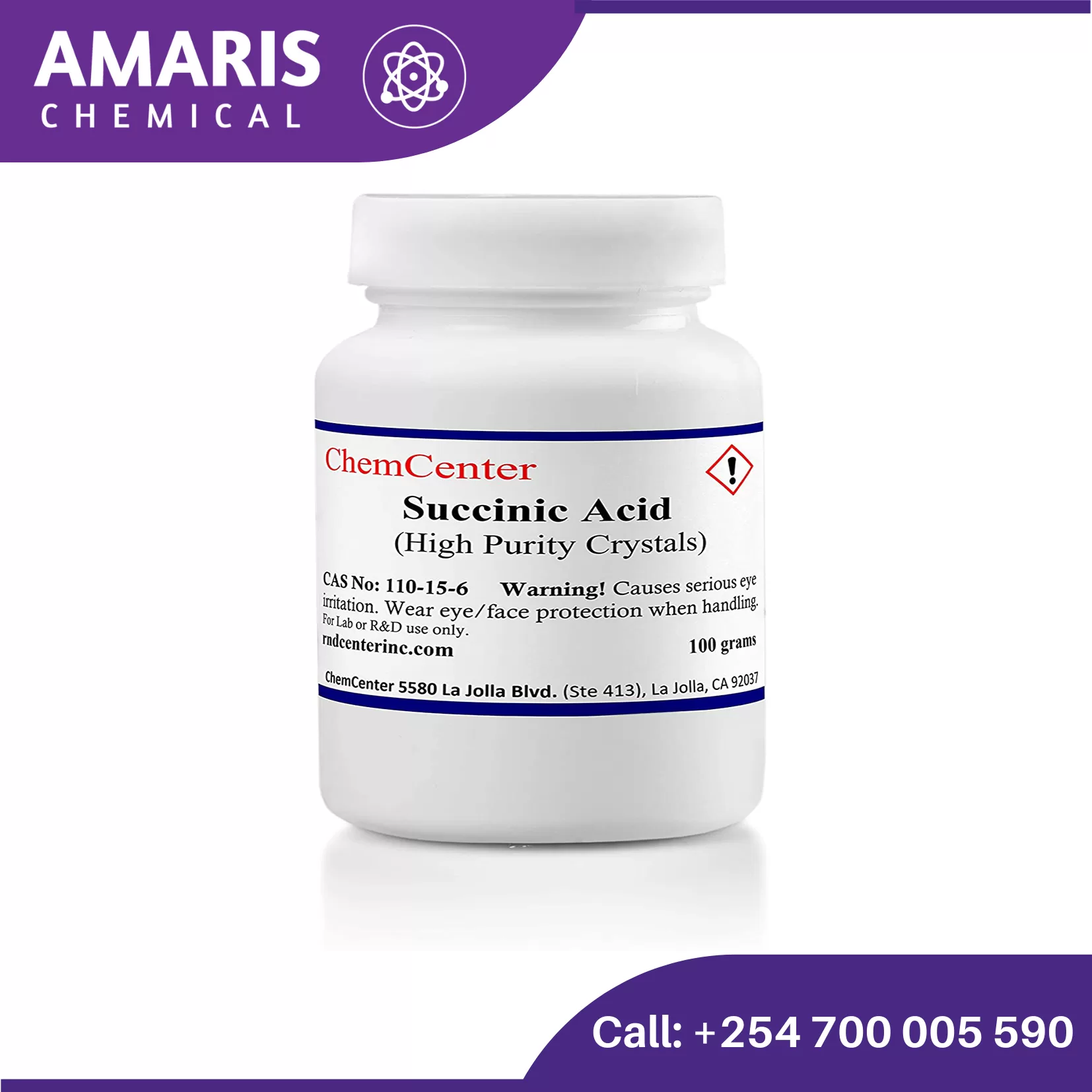
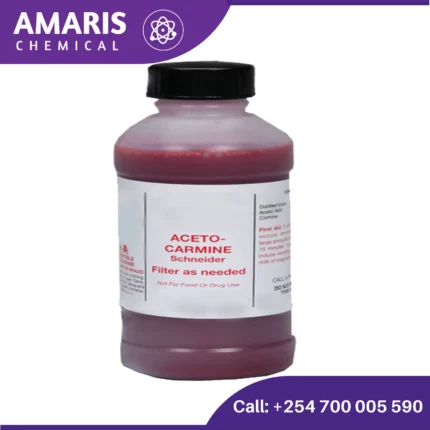
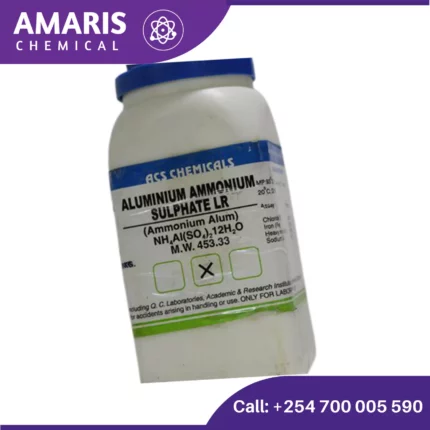
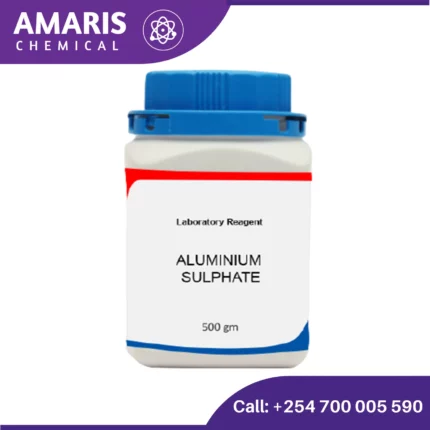
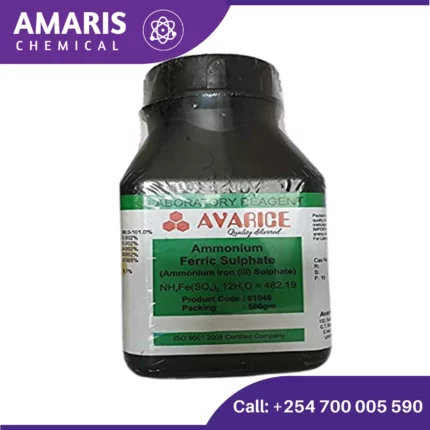

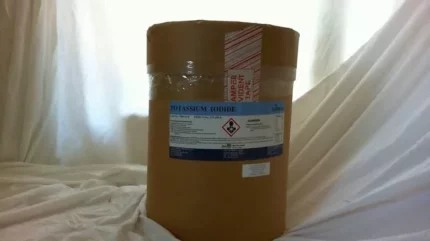
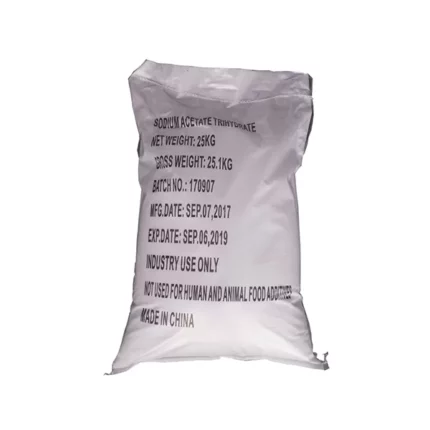


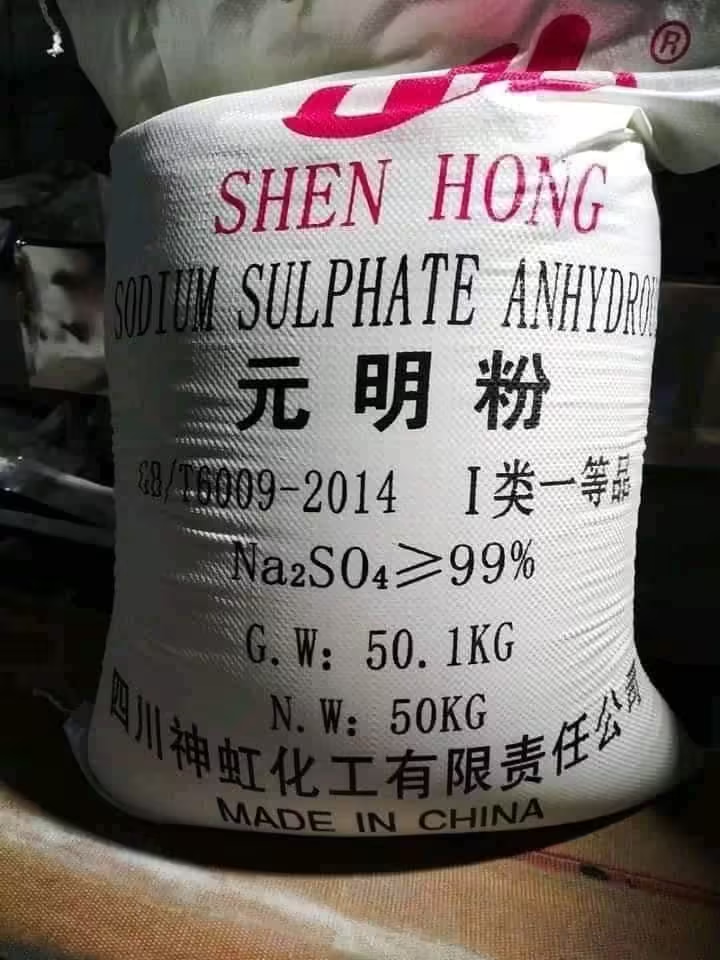













Reviews
There are no reviews yet.